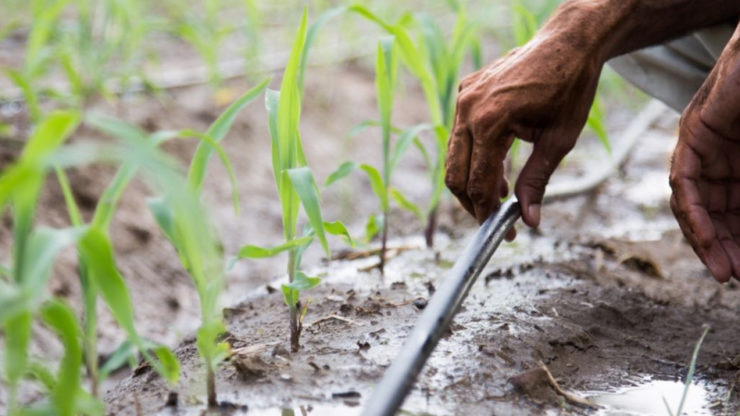At the 29th Meeting of the UNFCCC Technology Executive Committee (TEC), held in Bonn in September 2024, the UNEP Copenhagen Climate Centre showcased contributions to global climate technology efforts and engaged in fruitful discussions on key issues for climate technology implementation.
One of the main outcomes of the discussions was an agreement on key TEC messages for the COP29 climate negotiations based on the 2022 and 2023 Climate Technology Progress Reports.
With a focus on its work through the GEF funded Global Technology Needs Assessment (TNA) project and the Climate Technology Progress Report, UNEP Copenhagen Climate Centre underscored its commitment to supporting developing nations in identifying and implementing technologies critical to their climate and development goals.
The TEC is the policy body under the UNFCCC Technology Mechanism that drives global efforts to promote climate technology development and transfer, providing recommendations on accelerating the deployment of climate technologies in support of the Paris Agreement. As part of its mission, the TEC collaborates with various stakeholders, including governments, research institutions, and international organizations like UNEP Copenhagen Climate Centre, to ensure countries, particularly developing ones, have access to the knowledge, tools, and resources necessary to achieve their climate objectives.
Insights to close technology gaps
During the meeting, UNEP Copenhagen Climate Centre presented progress on the 2024 Climate Technology Progress Report, which is being developed in collaboration with the TEC.
The Climate Technology Progress Report is an annual publication assessing the status of climate technology development and transfer globally. It provides scientifically credible, policy-relevant analysis that is designed to inform UNFCCC processes and to support countries in creating enabling environments for technology transfer.
Leading up to the COP29 climate negotiations, taking place in Baku, the TEC agreed on a series of key messages and recommendations, based on the Climate Technology Progress Reports from 2022 and 2023.
These include the need for capacity building, the importance of financial interventions to address market gaps and failures, the importance of technology champions and acting on both local and national levels, and the crucial need to focus on synergies and trade-offs in including development needs alongside the implementation of climate technologies.
The 2024 edition of the Climate Technology Progress Report will focus on renewable energy technologies and details the pace of renewable energy adoption at the global and regional level . Specifically, it aims to examine the current gaps in technology adoption and explore ways to enhance progress through targeted interventions such as increased investment, skills development, and innovation. With a global perspective and regional case studies, the report will provide valuable insights for countries as they seek to close the technology adoption gap and transition away from fossil fuels in a just and equitable manner.
The production of the Climate Technology Progress Report is supported by the Danish Ministry of Foreign Affairs.
Actionable roadmaps for climate technology implementation
UNEP Copenhagen Climate Centre also provided an update on the Global TNA project, including on its collaboration with the TEC to update the TNA Step-by-Step Guidebook.
The TNA project is country-driven, assisting countries identify and prioritize climate technologies necessary to meet both their mitigation and adaptation goals. Launched in 2009, the TNA has included more than 100 countries, and is seen as an essential tool to identify climate technology needs aligned with national development priorities, as well as with international commitments like the Nationally Determined Contributions under the Paris Agreement.
Currently, the TNA project is about to enter its fifth phase focusing on supporting countries in preparing Technology Action Plans, which provide actionable roadmaps for implementing prioritized climate technologies to both reduce greenhouse gas emissions and enhance resilience to climate impacts.
The update to the TNA Step-by-Step Guidebook reflects key insights gained from over a decade of TNA experience and incorporates emerging themes like long-term low-emission development strategies, just transitions, and the increased involvement of the private sector. These updates will improve the capacity of countries to scale up climate action and ensure alignment with both national development plans and global climate objectives.


